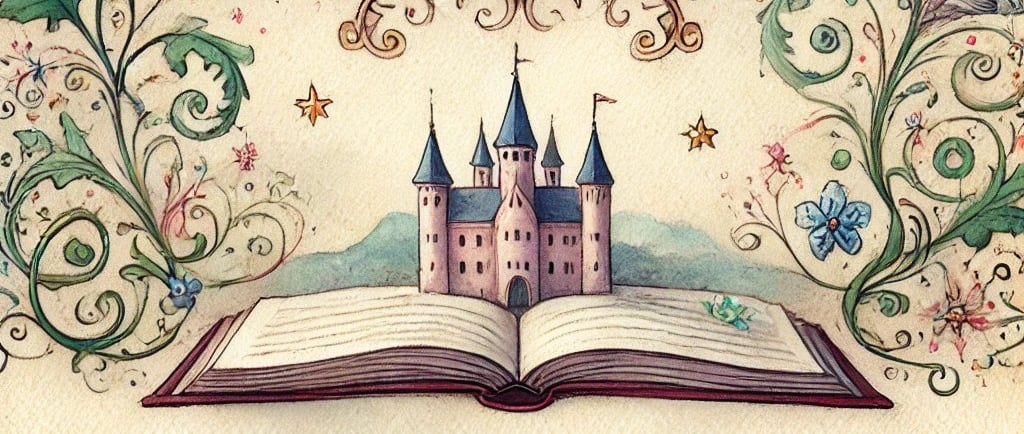Fairy Tales: Not Just for Children
Fairy tales can touch us at a deep level even as adults.
Stan Guthrie
1 min read


I first read The Chronicles of Narnia when I was a young adult, so it was not part of my childhood. And I still love these stories, which are rich in medieval imagery, memorable characters, and powerful themes. Like most good stories, they can be read on multiple levels.
Lewis dedicated the first volume in the series, The Lion, the Witch and the Wardrobe, to his goddaughter, Lucy Barfield. As with Isabella’s Special Days, the book was not published before the intended reader supposedly outgrew it. In the dedication, Lewis noted this uncomfortable fact but said all was not lost:
“I wrote this story for you, but when I began it I had not realized that girls grow quicker than books. As a result you are already too old for fairy tales, and by the time it is printed and bound you will be older still. But some day you will be old enough to start reading fairy tales again. You can then take it down from some upper shelf, dust it, and tell me what you think of it. I shall probably be too deaf to hear, and too old to understand a word you say, but I shall still be your affectionate Godfather, C. S. Lewis.”
I agree. Fairy tales can touch us at a deep level and are not just for children.
As Lewis also said, “When I was ten, I read fairy tales in secret and would have been ashamed if I had been found doing so. Now that I am fifty, I read them openly. When I became a man I put away childish things, including the fear of childishness and the desire to be very grown up.”
So let’s put aside our fears and read fairy tales, not only to our children and grandchildren, but also to ourselves.